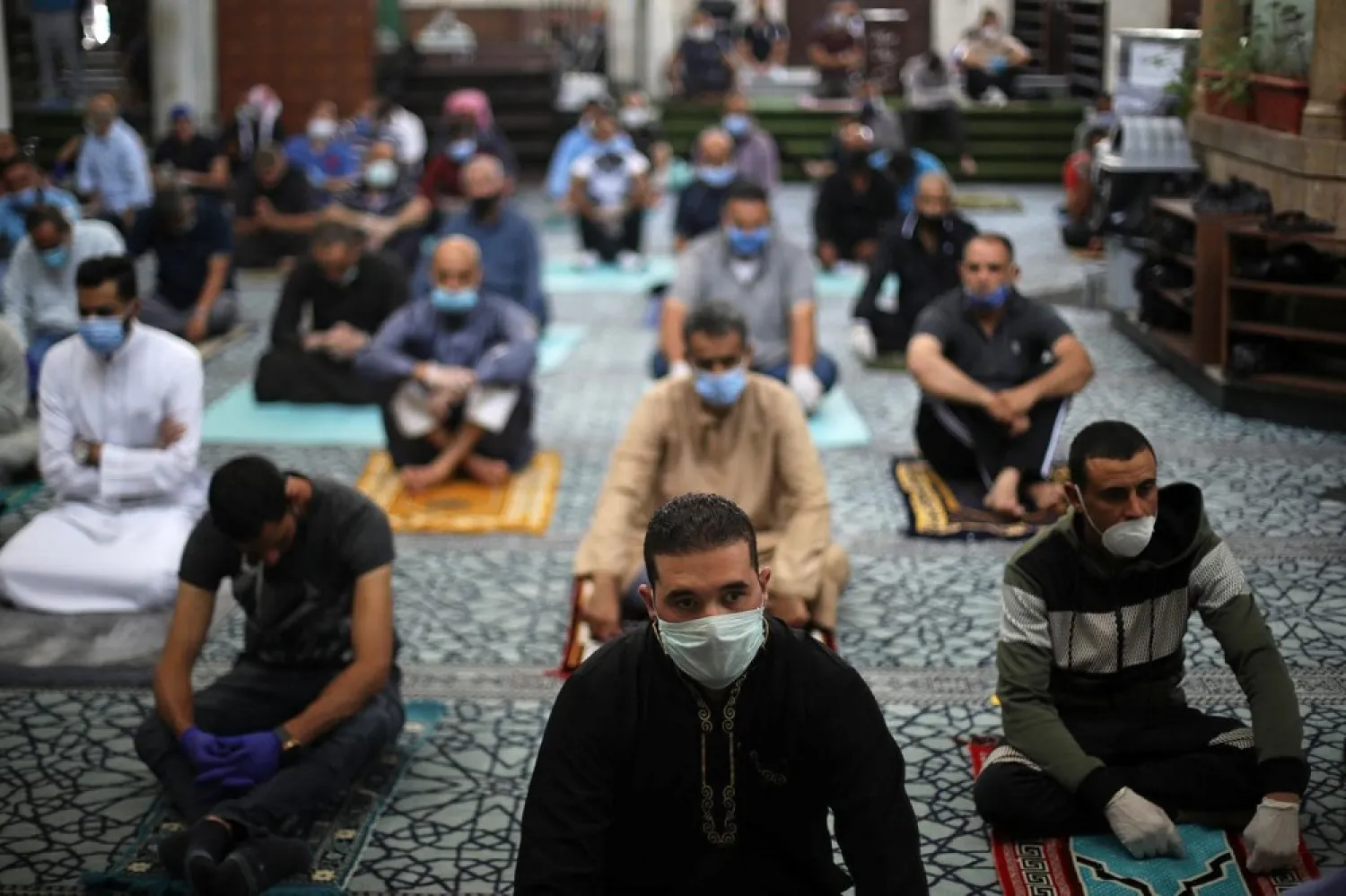Mosques in Jordan opened for communal prayers for the first time in over two months on Friday, with thousands of police deployed to enforce strict social distancing rules at the usually packed places of worship.
The kingdom is gradually easing restrictions imposed to curb the coronavirus outbreak, which killed nine people in Jordan.
From Saturday, cafes and hotels can reopen and domestic flights will resume, although schools, universities and cinemas remain closed and most public gatherings are still banned.
Over 30,000 police were deployed to oversee crowds attending prayers at the country’s 7,000 mosques on Friday, officials said.
Worshippers were asked to wear masks, limit prayer time and perform the ablution rite, the act of washing the face, arms and legs before prayer, at home.
In some mosques, the floor was marked to designate the spots where worshippers could lay down their prayer rugs at a safe distance from their neighbors.
Since a strict lockdown began in mid-March, the authorities have arrested several people, including clerics, for flouting the ban on prayers inside mosques.









